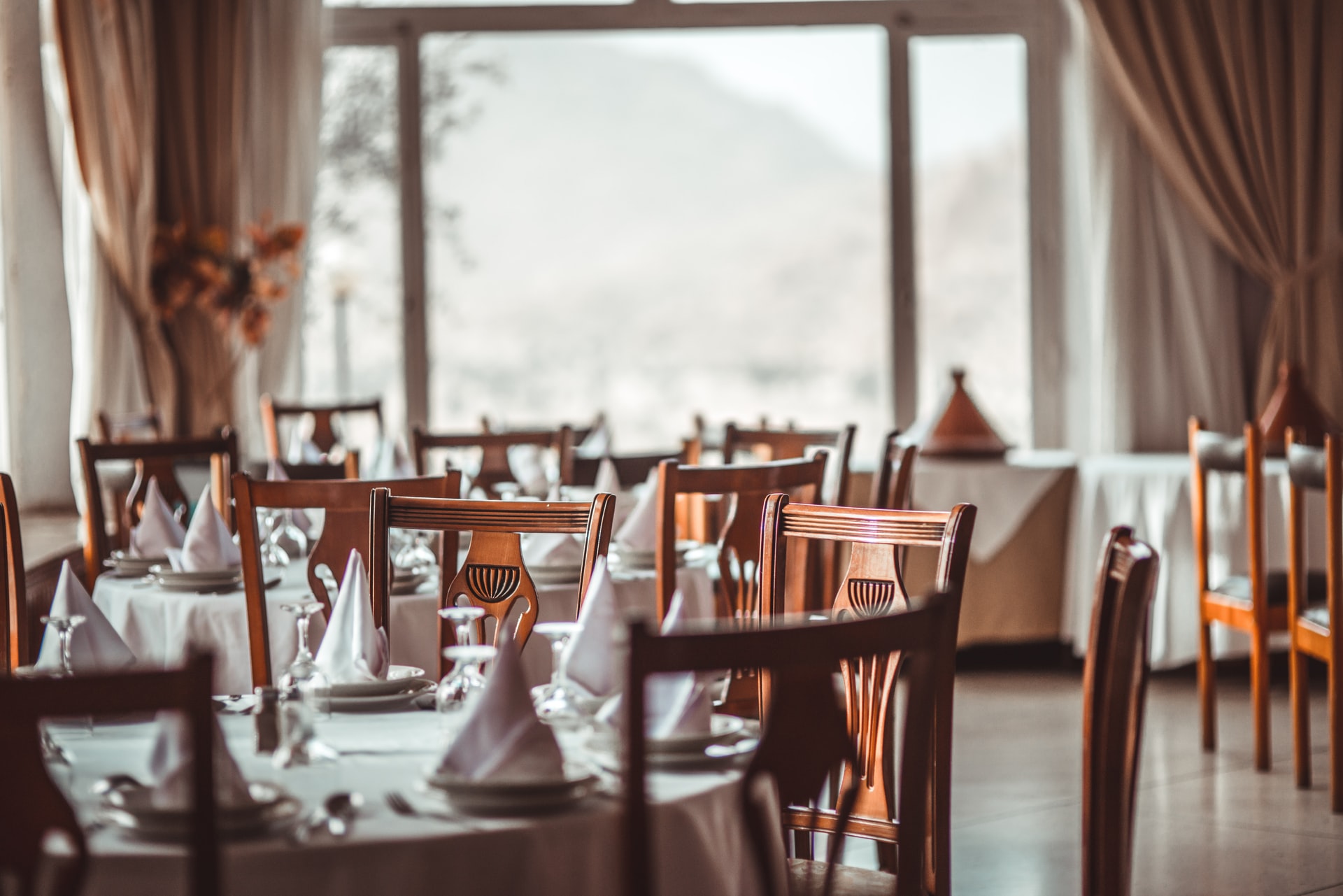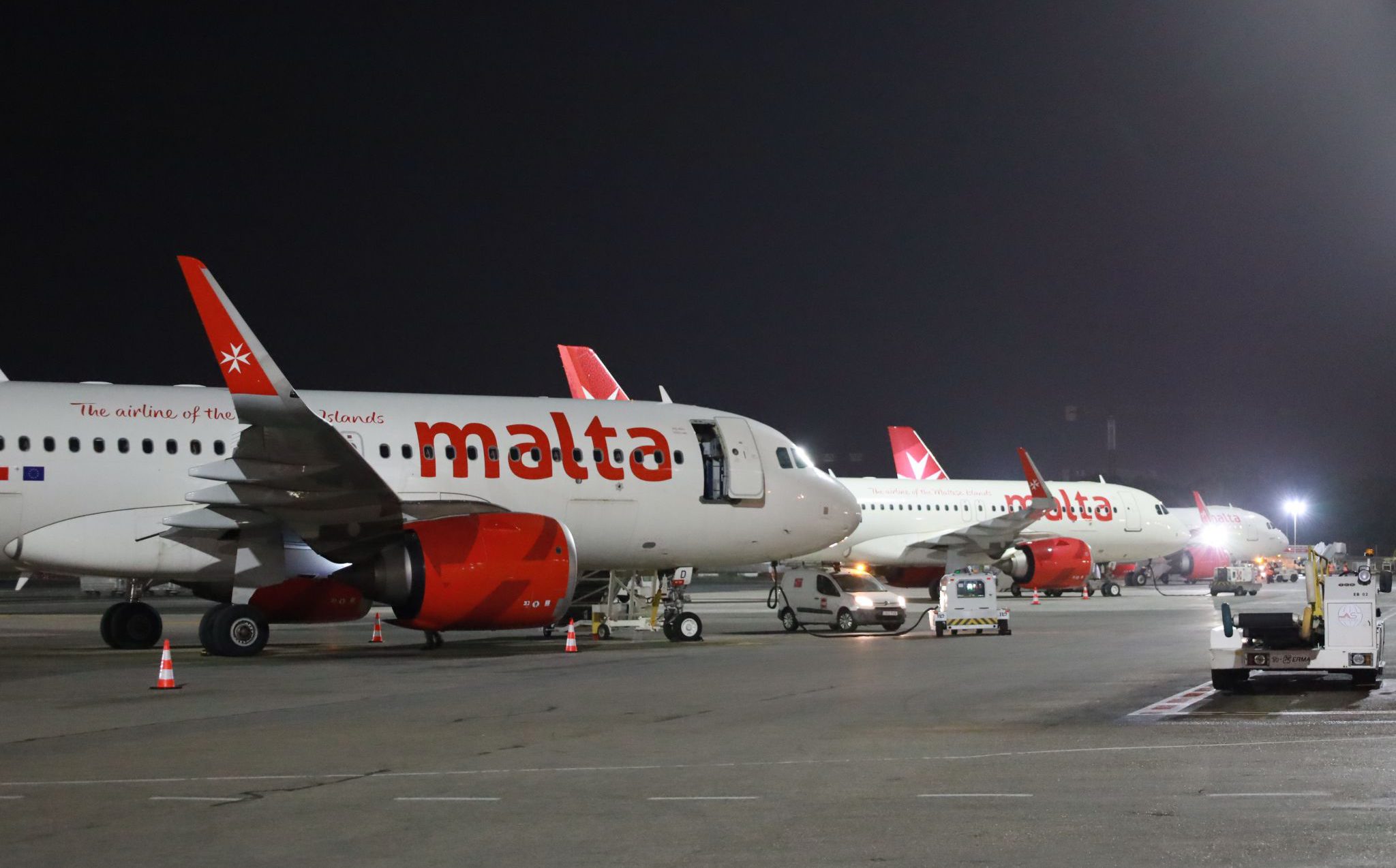With the coming into effect of an 11pm curfew for restaurants since 1st February, customers are being asked to leave the premises earlier than normal. However, restaurants are so far reporting limited effects on revenue in view of the wider slump, with the impact being primarily restricted to their ability to turn tables around and the potential for lucrative post-dinner drinks being slashed.
“It’s too early to really judge,” says Andrew Debattista Segond, owner of Drew’s Sicilia in Bocca in Marsalforn, Gozo. “I can’t say it has really impacted me to date, business-wise, but it’s certainly added another layer of stress.”
Drew’s Sicilia in Bocca has started opening earlier, taking reservations as early as 6pm, but he says “it’s just not the same”.
The curfew seems to be causing more anxiety than actual loss of sales, with Mr Debattista Segond explaining: “Imagine entering a restaurant at 9pm, looking at the menu and ordering a pesce al sale, which arrives at 10.15pm. Then at five minutes to 11pm I have to chuck you out. It’s not nice. It’s uncomfortable.”
Julian Sammut, Director of Kitchen Concepts, operators of Gululu, Vecchia Napoli and The Chophouse, among others, agrees that the curfew does not seem to have had a big impact on business.
“People have less time to spend at the restaurant, so it’s been crazier for us,” he says.
Meanwhile, in his experience, the early cover is still not popular, resulting in restaurants being unable to turn a table. “People still tend to come at around the same time, and they have less time to spend there, so it’s definitely been crazier for us.
“The biggest issue,” he says, “is that people don’t remain at their tables for a drink or two after eating, so the average spend goes down.”
He is hopeful that the Government vouchers will be issued soon, especially in view of decreasing numbers and flagging sales. “February is looking bad,” he says. “We’re really missing those vouchers.”
Oswald Caruana, owner and chef of La Sfoglia, is less restrained. “This doesn’t make any sense,” he says. “They’re either trying to bring us to our knees or I don’t know what they’re trying to do. We spend all week looking forward to Friday and Saturday so we can do what limited business we can, and now we need to kick people out by 11pm.”
He points out that this means that patrons are presented with their bill by 10.30 at the latest.
“Having a restaurant right now is a big bloody headache.”
Unlike many others in Valletta, La Sfoglia has a loyal local customer base that has kept it going throughout the pandemic. But Mr Caruana fears that the constant addition of burdens will “snap the camel’s back eventually”.
Mr Caruana expressed his gratitude to Malta Enterprise for the wage supplement and other schemes that have allowed the industry to stay alive, but he insists that the support given is not enough in view of the restrictions imposed.
“Maltese Enterprise are doing a lot, they’re helping a lot of people. But what they’re giving us from one side they’re taking from the other.”
He singles out the Health Department in particular for what he describes as an overzealous approach to inspections meant to catch out businesses trying to survive.
“How long can we continue like this?” he asks.
The biggest problem, he believes, is the two metres between tables. He points out that this makes no sense in the context of Valletta, where space is very limited. “If we didn’t have a terrace, I don’t know how we would survive.”
La Sfoglia has resorted to turning people away during its peak hours, with Mr Caruana describing the situation as “failing slowly”.
“They’re destroying us, basically.”
Asked whether his establishment has had any luck with earlier dinners, he says that while some people, couples in particular, may opt for the occasional early dinner, it’s not part of Maltese culture to eat so early.
“We’re a Mediterranean country. This isn’t England. A 7pm meal isn’t dinner for us.”
He continues, “At least it’s winter. Imagine going into summer and the longer days with this kind of curfew!”
Mr Caruana says the impact of the pandemic on his customers is evident as well. “People are more stressed, there’s more tension. Mentally, all of us, owners, staff, customers – we’re all very tired.”
Matthew Pace, secretary of the Association of Catering Establishments, agrees that restaurants are only accepting the situation because it is February.
“To be honest, it’s a peak shoulder month, so I think restaurants find the curfew easier to accept. Had it been July or August, this would have been a bigger issue.”
On the possibility of the curfew extending past February, Mr Pace believes that would “verge on harming revenue streams”, expressing that he hopes it would not come to that.
Mr Pace also noted that he has heard of there being quite a few enforcement visits last week, but has not been informed that there were any real problems.
Valletta ranks 8th most expensive European capital city to live in – study
While London is the most expensive, Bucharest is the most affordable
KM Malta Airlines cancels flights between Malta and Paris on Thursday due to air traffic control strike
Impacted customers can opt for an alternative flight or apply for a full refund
WATCH: MEPs in dialogue – Financial institutions and over-regulation
This is the third in a series of debates designed to engage citizens in the lead-up to the MEP elections ...






